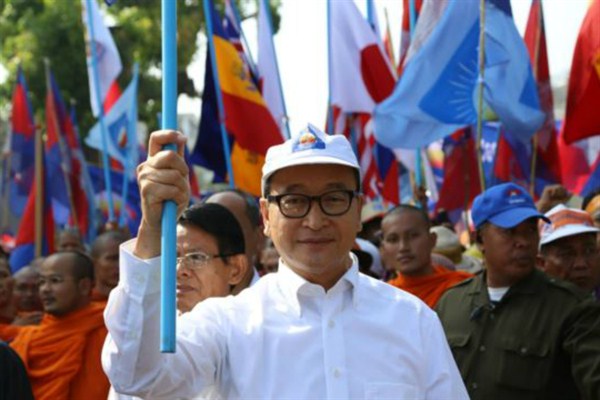Last week, Cambodia’s ruling and opposition parties agreed to a power-sharing arrangement, bringing an end to a political crisis dating back to the country’s July 2013 general elections. The year-long standoff included an opposition boycott of parliament and mass protests that recently culminated in violent clashes and the arrest of seven opposition lawmakers-elect for charges of “leading an insurrection.”
The opposition party, the National Rescue Party (CNRP), under the leadership of Sam Rainsy and Kem Sokha, had bitterly contested the results of last year’s polls, in which the National Election Committee (NEC) announced the long-ruling Cambodian People’s Party (CPP) of Prime Minister Hun Sen as the winner. The opposition alleged massive electoral fraud and demanded an independent investigation, a new election, an overhaul of the NEC and, at times, the resignation of Hun Sen. The government suppressed CNRP-led protests and ultimately imposed a ban on public demonstrations, including the January closure of Freedom Park, a state-designated space for public protest that had become the opposition party’s symbolic rallying point for its democratic struggle.
The CNRP repeatedly challenged the government ban on public protest with attempts to reoccupy Freedom Park. On July 18, clashes between security forces and CNRP supporters erupted at the park, followed by the arrest of the seven CNRP lawmakers-elect behind the protests. Following the incident, the two parties resumed negotiations and reached an agreement centered on overhauling the NEC and sharing power in the National Assembly to end the political impasse.

